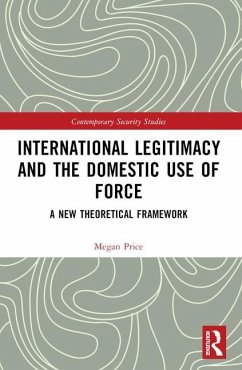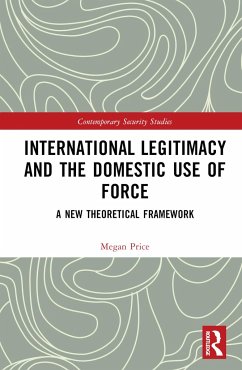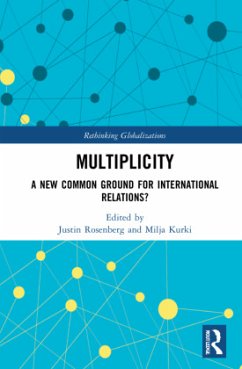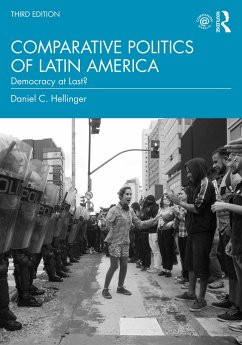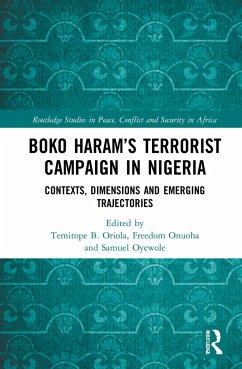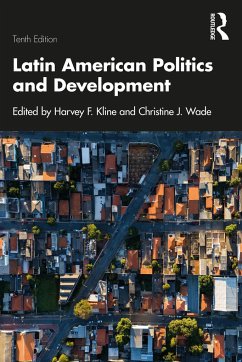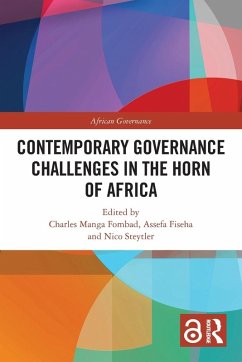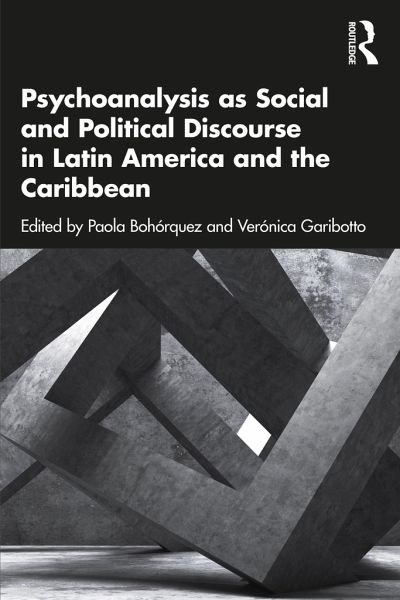
Psychoanalysis as Social and Political Discourse in Latin America and the Caribbean

PAYBACK Punkte
18 °P sammeln!
This book offers a regional, intersectional, and transnational perspective of psychoanalysis in Latin America and the Caribbean that illuminates psychoanalysis's role as social and political discourse through a collection of original interventions in the fields of psychoanalysis, cultural studies, psychology, anthropology, health sciences, history, and philosophy.The authors contribute to discussions about the applicability of psychoanalytic concepts to reading Latin American and Caribbean sociopolitical phenomona as well as how these regionally specific dimensions challenge and transform trad...
This book offers a regional, intersectional, and transnational perspective of psychoanalysis in Latin America and the Caribbean that illuminates psychoanalysis's role as social and political discourse through a collection of original interventions in the fields of psychoanalysis, cultural studies, psychology, anthropology, health sciences, history, and philosophy.
The authors contribute to discussions about the applicability of psychoanalytic concepts to reading Latin American and Caribbean sociopolitical phenomona as well as how these regionally specific dimensions challenge and transform traditional psychoanalytic notions. Firstly, the book offers a regional overview of psychoanalysis as a discourse that reflects on the imbrication between the psychic and the sociopolitical. Secondly, it showcases intersectional perspectives that illuminate psychoanalysis's potentials and limitations in addressing contemporary problematics around race, gender, sexuality, and class. Finally, the book attests to the area's role in advancing psychoanalysis as a transnational discipline.
By providing both a balanced regional overview and an interdisciplinary perspective, the volume will be essential for all psychoanalysts and scholars wanting to undersrand the place of psychoanalysis in Latin American and Caribbean discourse.
The authors contribute to discussions about the applicability of psychoanalytic concepts to reading Latin American and Caribbean sociopolitical phenomona as well as how these regionally specific dimensions challenge and transform traditional psychoanalytic notions. Firstly, the book offers a regional overview of psychoanalysis as a discourse that reflects on the imbrication between the psychic and the sociopolitical. Secondly, it showcases intersectional perspectives that illuminate psychoanalysis's potentials and limitations in addressing contemporary problematics around race, gender, sexuality, and class. Finally, the book attests to the area's role in advancing psychoanalysis as a transnational discipline.
By providing both a balanced regional overview and an interdisciplinary perspective, the volume will be essential for all psychoanalysts and scholars wanting to undersrand the place of psychoanalysis in Latin American and Caribbean discourse.






